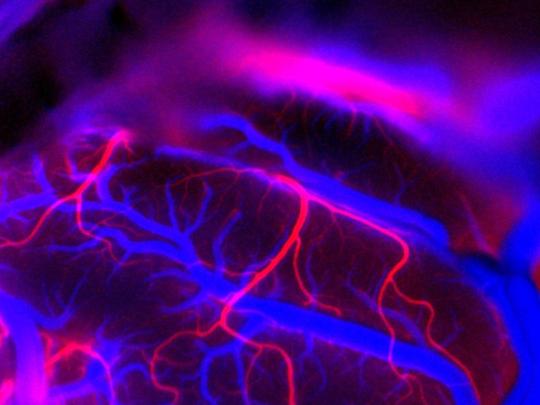Neuralink, the neurotechnology company founded by Elon Musk, has achieved a significant milestone by successfully implanting its brain-computer interface device in a second patient with paralysis. Musk announced this development during a YouTube podcast with Lex Fridman, stating, ‘I don’t want to jinx it, but it seems like the second implant went very well. There are a lot of signals, a lot of electrodes. It’s working very well’.The implant, which contains 1,024 electrodes, currently has 400 functioning effectively in the patient’s brain. This device is designed to allow individuals with paralysis to control digital devices using their thoughts alone. The second patient, who has a spinal cord injury similar to the first recipient, is now able to interact with computers, play video games, and browse the internet using only their mind.This success follows the progress made with the first patient, 29-year-old Nolan Arbo, who received the Neuralink implant in January 2024. Despite initial challenges where some electrodes became dislodged, Arbo has reported increased independence and improved capabilities. Neuralink engineers were able to adjust the device’s algorithm and increase the sensitivity of the remaining electrodes to enhance its functionality.Looking ahead, Musk announced that Neuralink plans to implant the device in eight more patients by the end of the year as part of its ongoing clinical trials. The company’s long-term vision, as expressed by Musk, is to improve AI-human symbiosis by increasing a person’s communication capacity and potentially augmenting individuals without neurological issues once the risks are demonstrated to be low.While the advancements are promising, it’s important to note that widespread implementation of this technology may take years. Neuralink continues to face scrutiny over its treatment of study animals, though Musk claims the company is prioritizing animal welfare.
Key points
- Neuralink has successfully implanted its brain-computer interface in a second patient with paralysis.
- The implant has 400 out of 1,024 electrodes functioning effectively, allowing thought-based control of digital devices.
- Neuralink plans to implant eight more patients this year as part of ongoing clinical trials.
- The technology aims to enhance AI-human symbiosis and improve lives of those with neurological conditions.
Contradictions👾While most sources report 400 functioning electrodes, one source mentions that only about 10 to 15 percent of the electrodes are working in the first patient.
This discrepancy may be due to differences between the first and second patients or improvements in the technology.



